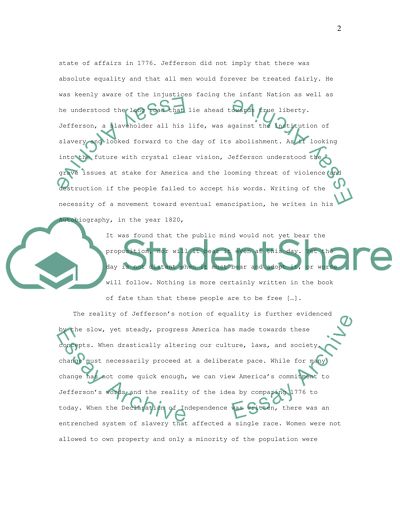Cite this document
(Americas Equality is our Shared Reality Article, n.d.)
Americas Equality is our Shared Reality Article. Retrieved from https://studentshare.org/history/1504574-americas-equality-is-our-shared-reality
Americas Equality is our Shared Reality Article. Retrieved from https://studentshare.org/history/1504574-americas-equality-is-our-shared-reality
(Americas Equality Is Our Shared Reality Article)
Americas Equality Is Our Shared Reality Article. https://studentshare.org/history/1504574-americas-equality-is-our-shared-reality.
Americas Equality Is Our Shared Reality Article. https://studentshare.org/history/1504574-americas-equality-is-our-shared-reality.
“Americas Equality Is Our Shared Reality Article”, n.d. https://studentshare.org/history/1504574-americas-equality-is-our-shared-reality.


